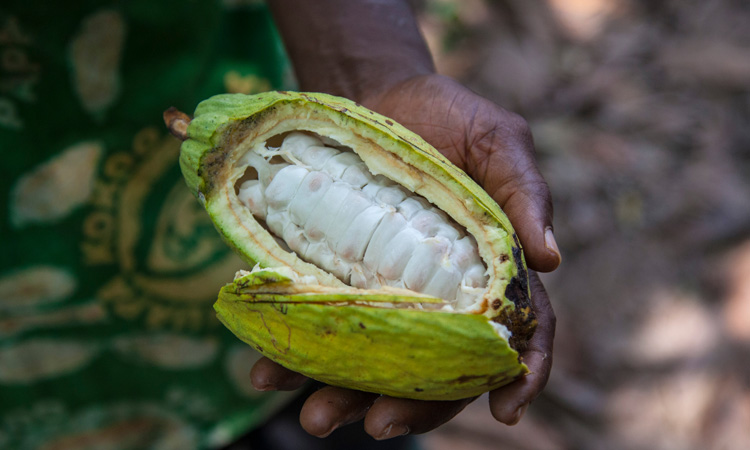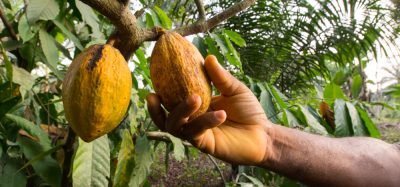Nestlé reports ‘significant progress’ in cocoa restoration efforts
- Like
- Digg
- Del
- Tumblr
- VKontakte
- Buffer
- Love This
- Odnoklassniki
- Meneame
- Blogger
- Amazon
- Yahoo Mail
- Gmail
- AOL
- Newsvine
- HackerNews
- Evernote
- MySpace
- Mail.ru
- Viadeo
- Line
- Comments
- Yummly
- SMS
- Viber
- Telegram
- Subscribe
- Skype
- Facebook Messenger
- Kakao
- LiveJournal
- Yammer
- Edgar
- Fintel
- Mix
- Instapaper
- Copy Link
Posted: 31 March 2020 | Sam Mehmet (New Food) | No comments yet
The company has published its Cocoa & Forests Initiative report, highlighting key milestones achieved.


Nestlé has reported significant progress in its efforts to help end deforestation and restore forests in its cocoa supply chain in Côte d’Ivoire and Ghana.
In 2017, Nestlé joined the Cocoa & Forests Initiative to contribute to ending deforestation. The partnership brings together the governments of Côte d’Ivoire and Ghana with the cocoa and chocolate industry.
Over the past months, Nestlé has mapped over 75 percent of the 120,000 cocoa farms it sources from in Côte d’Ivoire and Ghana. The boundaries of the plantations have been identified with Global Positioning System (GPS) trackers, ensuring that none of them are located in protected forests. By October 2020, all remaining farms will be mapped in the two countries, according to the company.
Nestlé has scaled up the number of native forest and fruit trees it has distributed in Côte d’Ivoire and Ghana, from 32,000 in 2018 to now reach a total of more than 560,000. These are designed to cast shade on cocoa trees making farms more climate-resilient, while the fruit trees provide additional income for cocoa farmers. The company has also kicked off two agroforestry projects, working closely with communities to maximise shade tree density on farms to help improve yields. Nestlé has also continued to train farmers on good agricultural practices and forest protection, with more than 85,000 farmers participating in the training programme in 2019.
“We have made good progress across all the primary objectives we set out under our Cocoa & Forests Initiative action plan. Sustainable cocoa requires thriving communities. Our actions take into account the need to balance forest protection and communities’ livelihoods. As we forge ahead with our efforts to embed sustainability in the cocoa sector, we will continue to focus on providing farmers with viable alternatives to grow the same amount or even more cocoa on less land,” said Alexander von Maillot, Senior Vice President, Head of Confectionery Strategic Business Unit, Nestlé SA.
Addressing deforestation linked to cocoa is part of Nestlé’s ambition to transform its agricultural supply chain, making it more climate-friendly and resilient. This move aims to help the company achieve its ‘2050 net-zero pledge’. To this end, Nestlé is deploying nature-based solutions, like reforestation, to absorb more carbon, improve soil health, and enhance biodiversity.
Related topics
Environment, Recruitment & workforce, Regulation & Legislation, Supply chain, Sustainability









